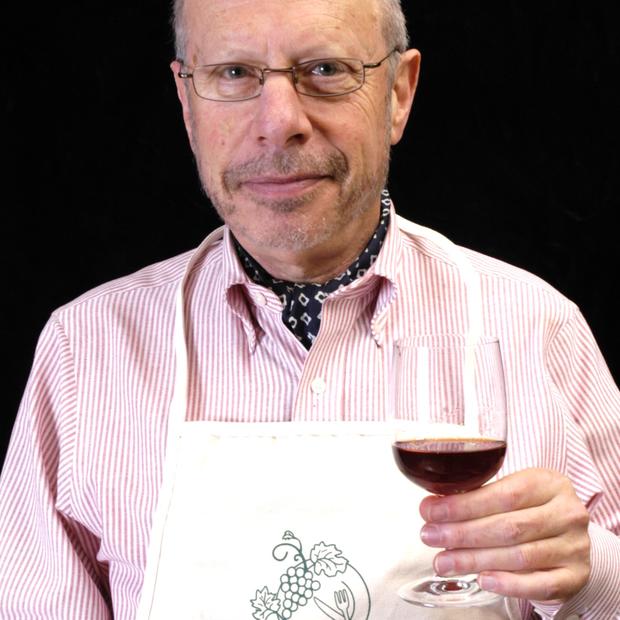Italy, you need a new pair of shoes. But not these, not at those prices. Look: 145 euros is 200 dollars and change. You can't afford them on your own, and there's no way the rest of us can pay those prices to bail you out.
Outrageous prices for shoes (and $800 or so for off-the-rack men's shoes in Rome is not unusual) would be hard to justify in the most prosperous of economies. Italy is just the latest European country to find that consumer spending is no help when the bond markets lose confidence.
One fix is to promote international tourism — a welcome source of foreign currency in the retail sector, a welcome source of taxes to local governments — especially to undervalued destinations like Puglia, the heel of the boot. Amazing art and architecture have been here for centuries, but to build five-star accommodations you need to create five-star demand, which is why the Italian Travel Promotion Council brings several hundred travel agents, tour operators and journalists to Italy every year (I was one of them recently). The national government tourist office, ENIT, usually chips in, too, though it cut back quite a bit this time around.
These are momentous times for Italy's travel industry. Italy comptetes with Spain, France, Croatia, Greece, Turkey, Israel, Egypt, and Morocco for visitors to the Mediterranean. Then the Puglia region, little known outside Europe, competes with the picturesque Cinque Terre, the glamorous Amalfi Coast, the art cities of Emilia-Romagna, the splendors of Florence, the glory of Venice. Doesn't help that Trenitalia just cut 30 trains a week of high-speed inter-city service to Puglia.
The question is whether the technocrat Piero Gnudi, the new minister of tourism and sports in the post-Berlusconi cabinet of Maro Monti, can do what's necessary to re-energize Italy's moribund tourism sector. His predecessor, a right-wing TV reporter (often called a "Berlusconi bimbo") and animal-rights advocate named Michaela Vittoria Brambilla, was so tone-deaf when it came to tourism that she proposed banning the colorful Palio — run every summer on the cobblestone streets of Siena — because it was "cruel" to the horses.
As an industry, tourism is made up of thousands of independent businesses, from hotel chains to private citizens who rent out their villas, from local tourist bureaus to bus companies. (Even stores that sell hiking gear to visitors.) Getting everyone to agree on a strategy and a marketing campaign is like herding cats.
So maybe Gnudi is the right guy after all. Electric utilities know what's happening on the ground level, monitor the output of every transformer at every neighborhood substation. Gnudi ran Italy's ENEL power company for a decade, so maybe he can give the system a jolt. He's not going to worry about horseshoes.


